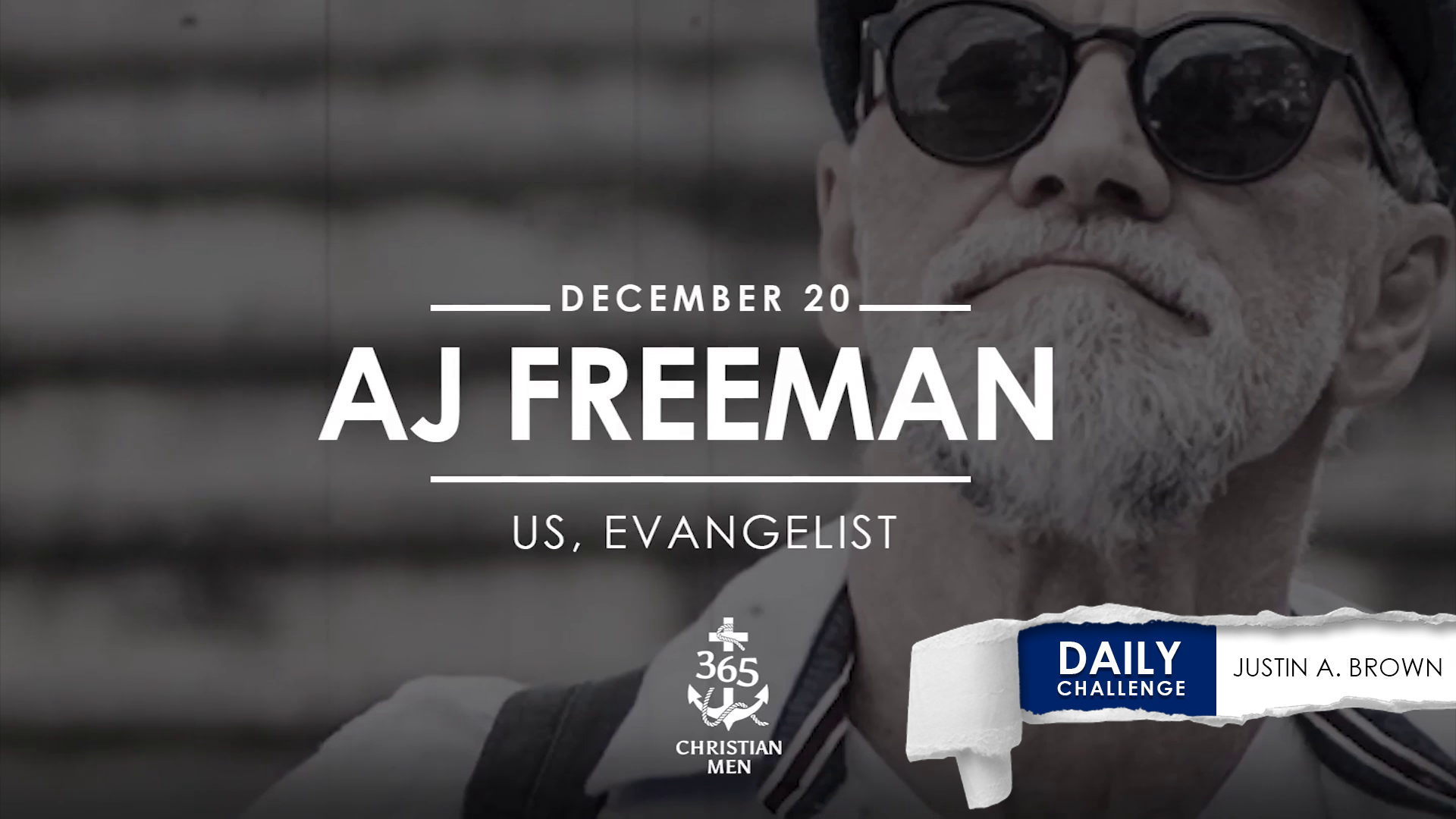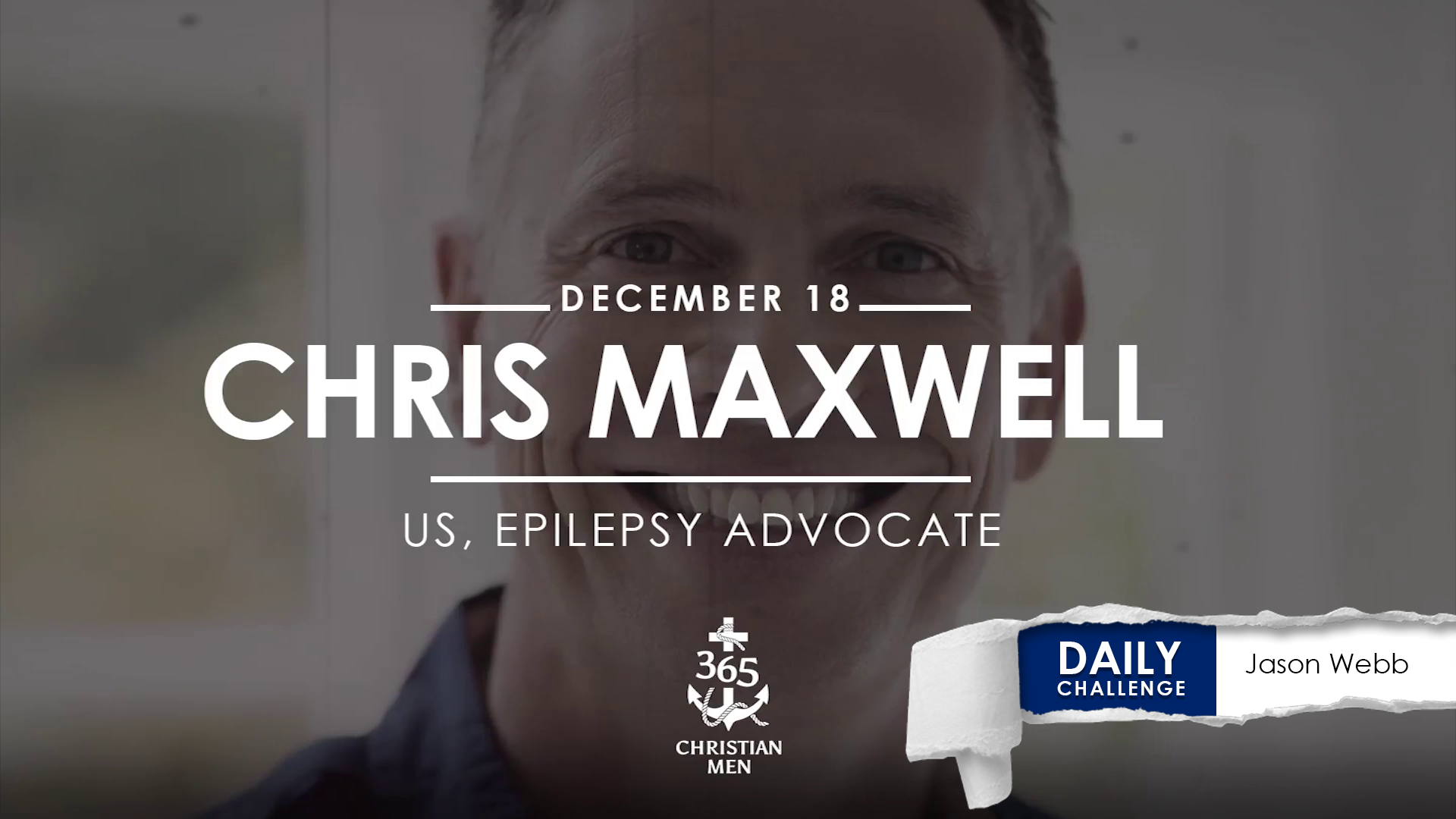December 26. George Washington. Washington represented the colony of Virginia at the Continental Congress, and in June, 1775, he became Commander of the Continental Army.
On this date in 1776, he led his troops across the Delaware River, which is what today’s story is about.
In 1781, General Washington and a French general defeated the British forces at Yorktown, and five days later, they surrendered, ending the Revolutionary War.
From 1789 to 1797, Washington served as the first President of the United States. During that time, he established the Executive Branch of the government, the US Cabinet, a six-ship US Navy, and a treaty with Spain that empowered the US to travel on the Mississippi River. Today’s story begins in the dead of winter during the Revolutionary War.
Circumstances can tear men down, but well-chosen words can turn them into heroes.
Christmastime 1776 was anything but merry for General Washington and his troops. Washington wrote, “I am wearied almost to death.”
Ill-fed, ill-dressed and hundreds just plain ill, the Continental Army’s hope of winning the war was fading fast. Washington figured he needed a win now, that without it—by the new year—he may have no army. So, he orchestrated a bizarrely difficult plan.
About 1400 Hessian mercenaries held Trenton New Jersey across the Delaware River from Washington and his men. The plan: 3 groups of soldiers would cross the nearly frozen Delaware River and sneak-attack the Hessians. “Washington set the date for the river crossing for Christmas night 1776.”
“By the time that most of the soldiers had reached the launching point for the boats, … drizzle had turned into a driving rain.”
Washington and his 2,400 soldiers crammed into high-sided Durham boats—cargo vessels, 40-to-60 feet long. Soldiers loaded horses and heavy artillery onto wire-guided ferries. The river wasn’t frozen enough to walk across, but too clogged with frozen chunks for boats to pass through without brutal effort.
By 11 PM “… a howling nor’easter made the miserable crossing even worse. One soldier recorded that ‘it blew a perfect hurricane’ as snow and sleet lashed Washington’s army.”
They crossed where the river was about 300-yards wide, but once across, the men had to march through the dark, 9 miles on roads slick with ice and snow. The Continental Army didn’t have enough boots, so some of the men tied rags around their feet. Others were barefoot. Clothes and weapons were soaked, and the guns wouldn’t fire. Washington ordered the men to attach their bayonets. Tired, sodden, and frostbitten, the men pounded forward. And Washington rode up and down alongside the marching troops and buoyed his men with praise and encouragement.
By the time the bedraggled army reached Trenton, three hours late—the sun was risen. Washington had lost the advantage of attacking in the dark. But he refused to turn back. “Follow me.” He led his men into battle.
The Hessian garrison didn’t expect an attack on Christmas; their commander had been injured early in the battle, and without him, they seemed disoriented. The Continental Army surrounded Trenton and defeated the Hessians, and history and artists celebrate Washington crossing the Delaware.
But he didn’t see it as his big triumph. The next day, in a letter to John Hancock, Washington wrote about his men, “… their Behaviour upon this Occasion, reflects the highest honor upon them. The difficulty of passing the River in a very severe Night, and their March thro’ a violent Storm of Snow and Hail, did not in the least abate their Ardour.”
“And let us consider how we may spur one another on toward love and good deeds” (Hebrews 10:24 NIV).
Are you facing a tough job? Does your team need a win now? Consider how you could encourage someone—before, during, or after the fact. Circumstances can tear men down, but well-chosen words can turn them into heroes.
“10 Facts about Washington’s Crossing of the Delaware River.” George Wahington’s Mount Vernon. Accessed August 20, 2020. https://www.mountvernon.org/george-washington/the-revolutionary-war/the-trenton-princeton-campaign/10-facts-about-washingtons-crossing-of-the-delaware-river/.
“History.” Washington Crossing Historic Park. Accessed August 20, 2020. https://www.washingtoncrossingpark.org/history/.
Story read by Chuck Stecker
Story written by Teresa Crumpton, https://authorspark.org/














